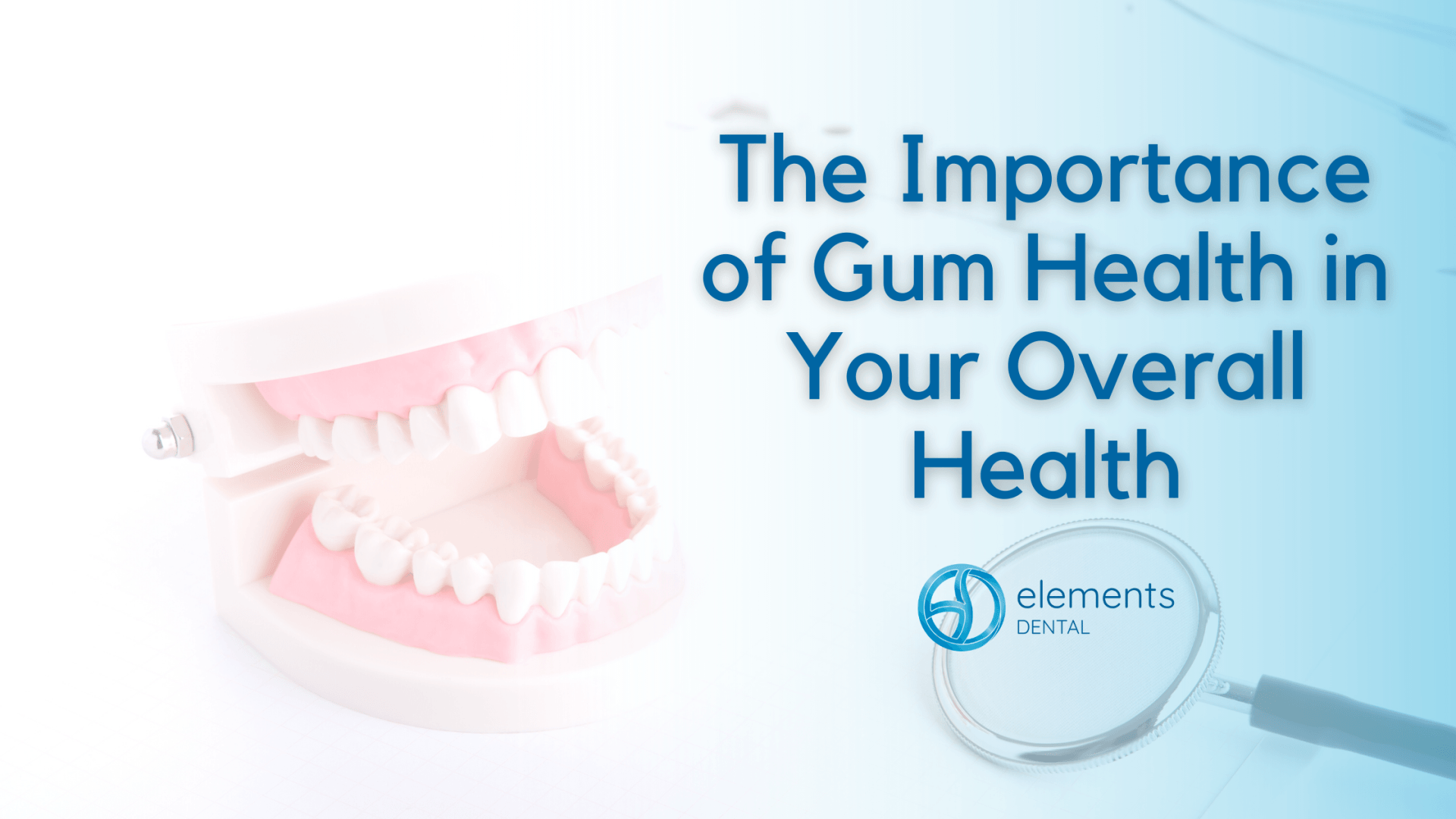Foods That Cause Decay & Cavities
Your diet, for better or worse, has massive ramifications on your overall oral health. With a healthily balanced and nutritious diet, your dental health can prosper. On the flip side, a poorly planned meal regimen can cause your teeth and gums to become more vulnerable to decay or gum disease. With the holiday season upon us, we are tempted more than ever to indulge in sweet and savoury treats.
How can you provide your oral health with the care that it deserves and avoid the potential pitfalls that directly lead to tooth decay? Below, you will find all of the relevant information to help prepare and thus protect your teeth.
Foods That Cause Decay
Sugar is one of the primary sources of tooth decay, with the average Canadian consuming roughly 40 kg each year. Many of these sweets, like caramels, jelly beans, and hard candies, tend to linger in your mouth afterward. Naturally, this hinders saliva from washing the sugar away. Snacks from the dessert menu, such as cookies or cake, also contain a large amount of sugar, so don't over-indulge in these tasty treats. The same rule applies to beverages with added sugar.
Foods packed with starch and loaded carbohydrates (chips, pasta, bread, or crackers) are capable of producing similar oral harm to that of candy. Think of it like this; that starch can hang around in your mouth and eventually break down into simple sugars between your teeth. Bacteria in the plaque thrives off of these sugars, creating acid and tooth decay.
Carbonated sodas, perhaps the worst pick of the bunch for your oral health, enable plaque to produce additional acid that attacks tooth enamel considerably. When you drink sodas regularly, your teeth will regularly become coated in acid and, given how dry your mouth becomes from the aforementioned beverage (alcohol also causes extensive dryness), you have less saliva. After one too many dark-coloured sodas, your teeth will likely become discoloured or stained as well.
Certain bread products, once chewed, are broken down into sugars by your saliva and modified into a substance that latches on to crevices between the teeth.
Although they are viewed as a healthy snack, many dried fruits (prunes, figs, raisins, apricots) are sticky, clinging to your teeth and crevices in the aftermath. That means plenty of sugar is left behind and, by now, you are privy to its destructive influence.
Bonus tip: avoid chewing on ice because such a hard substance can harm enamel, which only makes you more susceptible to dental issues like chipped, cracked, or broken teeth, and loosened crowns.
Foods That Prevent Decay
Foods filled with fiber (carrots, celery, and apples, to name a few) trigger saliva flow, a natural defense mechanism to thwart cavities. Saliva washes away food particles and cleans your mouth, while also neutralizing the acids that attack your teeth shortly after you eat.
Dairy products, including cheese, plain yogurt, and milk, contain calcium, phosphates, and vitamin D, all of which are vital minerals for the health of your teeth. Since teeth are mostly comprised of calcium, a diet that lacks its intake puts you at risk of developing decay and other issues. And the calcium from these foods, having mixed with the plaque and sticking to your teeth, serves as a barrier to protect them from acids and is instrumental in rebuilding enamel.
There are a couple of healthier beverages to contemplate adding to your diet. Both green and black tea contain compounds that overpower bacteria, working to impede the processes that bring about tooth decay and gum disease. Fluoridated drinking water is also beneficial for your teeth.
Sugarless chewing gum is a viable option after meals and snacks, rinsing your teeth of potentially harmful acid. Research proves that xylitol, an ingredient in several sugarless gum products, likely suppresses the growth of oral bacteria that causes cavities.
What Can Result From Decay?
As the enamel breaks down and the tooth decay expands, cavities are an inevitable outcome. From there, pain, infection, chewing struggles, sensitivity, stains, and tooth loss are all possible, especially if you fail to make changes or seek out treatment methods. By not brushing and flossing consistently, the plaque will harden and form tartar. When tartar is found above the gums, it can result in an early form of gum disease, gingivitis.
Oral Care Habits
Doing your part to prevent tooth decay, adhere to these basic steps that constitute a healthy oral care routine: ensure that you are getting sufficient fluoride through your choice of toothpaste, drinking water, and mouthwash; brush your teeth twice per day and commit to daily flossing; do not use any tobacco products; choose your foods carefully, limiting the number of products that are high in sugars and starches; and regularly schedule check-ups and cleanings with our dentists.
Creating A Healthy Balance
Making a conscious effort to maintain a nutritious and balanced diet will work wonders for your oral health. Gradually, try implementing each of these steps into your dietary guideline: opt for sugar-free snacks (nuts, sunflower seeds, salads, hard boiled eggs); add less or, better yet, no sugar to coffee and tea; avoid soft drinks that are rich in sugar; eat whole, fresh fruits, which have natural fiber, rather than a fruit juice alternative that is a source of concentrated sugar and, at times, even acids; concentrate on moderation when consuming citrus foods (lemons, grapefruits, oranges) because their acidic contents can erode enamel; avoid sticky sweets that grasp onto your teeth and are more difficult to brush off; when you eat any sweets, combine them with a meal, as the increased flow of saliva will wash away and dilute sugar; after eating sweets, rinse your mouth with water, eat a raw fruit or vegetable, or chew a piece of sugarless gum; select bread products with less sugar and refined qualities, such as whole wheat; actively read the ingredients on all items that you purchase from the grocery store; and shift your beverage allegiance to water, preferably with fluoride, because it keeps you hydrated, quenches your thirst, prevents tooth decay, and promotes great oral health.
Get help with creating your family's oral care routine! Schedule your next appointment by calling our office







